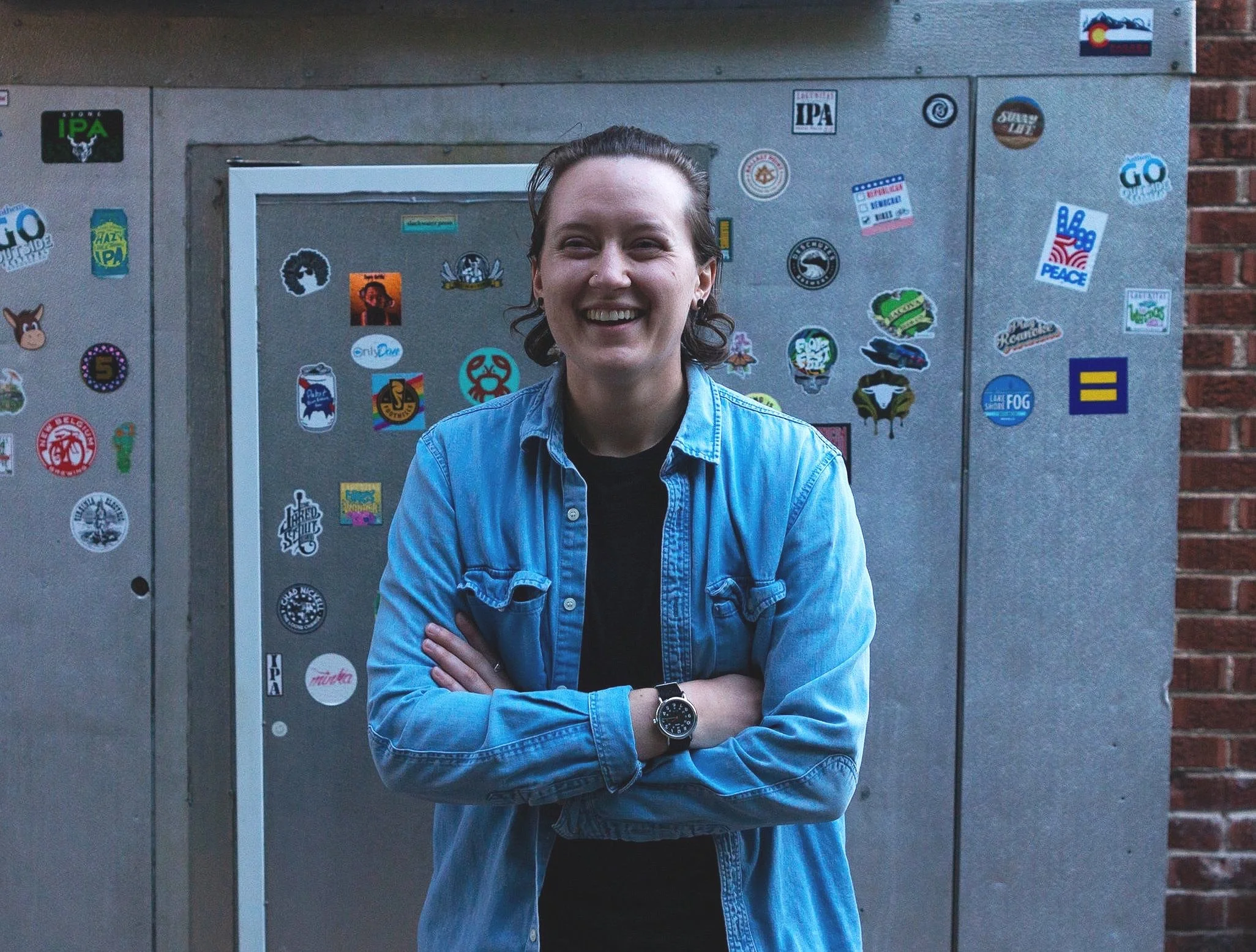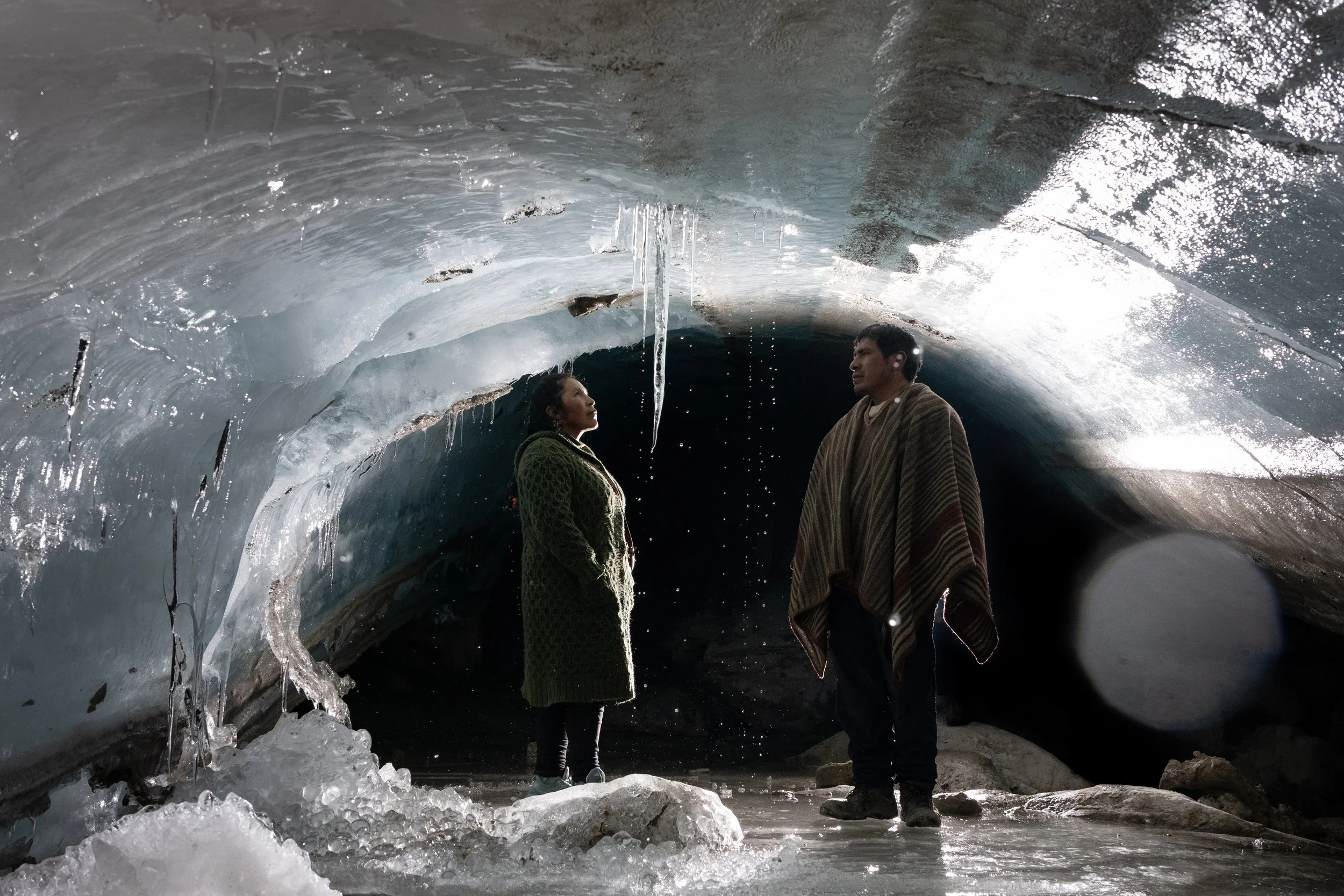Words by Vera Nieuwenhuis
Plastic waste continues to fill our world’s oceans at alarming rates. A 2016 report produced by the Ellen MacArthur Foundation estimates that the amount of plastic in the ocean could outweigh the fish population by 2050. The ramifications of this pollution cause a serious threat to the planet, both environmentally and ecologically. Dead fish are washing up on beaches and sea turtles are unable to come ashore to lay their eggs due to the amount of debris. Marine organisms and crustaceans are being transported across oceans to foreign shores, attached to pieces of garbage and plastic waste. This creates the potential for invasive species to spread to new habitats, which would have otherwise been out of reach. An entire ecosystem’s equilibrium can be disastrously upset as a result of plastic waste and other marine pollutants.
Photo by Vera Nieuwenhuis
As ocean waste continues to rise, the buildup of plastic has proved detrimental not only to marine habitats but the communities bordering them on land as well. The beautiful beaches that once lined Kenya’s coast are now becoming waste sites, causing local economies to suffer as tourism continues to decline as a result.
It is estimated that nearly ninety tons of plastic flip-flops (sandals) are washing up on the shores along the East coast of Africa each year, mostly coming from India, China, and parts of Africa, including Kenya. For millions of people around the world, flip-flops are the most accessible and affordable form of footwear, explained Erin Smith of Ocean Sole Africa, an NGO working to reduce beach waste by turning discarded flip-flops into art.
The concept of Ocean Sole Africa began in the 1990s when women and children on Kiwayu, a small island just off the coast of Kenya, began collecting the thousands of flip-flops that washed up on the shores and transformed them into toys and jewelry. Julie Church, founder and former CEO of the organization, was inspired by their initiative and worked with the community to create a sustainable economy for the island and its inhabitants.
Photo by Vera Nieuwenhuis
Quickly after its inception, the organization started shipping these products from the island to be sold in Nairobi, where the new headquarters and main workshop are now located. Continually expanding, the not-for-profit supports 90 employees that keep the facility running, promoting growth from within so that employees learn the business from the ground up.
In addition to providing employment, the organization participates in community outreach by educating children from local schools on the importance of environmental cleanup. And while the recycling of beach plastic is an effective response to reducing plastic waste, Ocean Sole strives to build awareness around the overuse of plastics and promoting the development of alternatives in their place.
Photo by Vera Nieuwenhuis
Lamu, an island just off the coast of Kenya, is home to Ali Skanda, who is the creator of The Flipflopi Sailboat, made of 100% recycled marine waste material. Skanda’s vision of a zero waste environment has been instrumental in local plastic cleanups. The boat is aptly named The Flipflopi because it was built using thousands of flip-flops and ocean plastic collected during beach cleanups all along the coast of Kenya. Skanda and his crew clean the beaches of Lamu and supply Ocean Sole Africa with thousands of flip-flops. “Beaches and marine ecosystems have been badly affected by plastics,” he said. “The nine-metre-long dhow was sailing south along East Africa’s coast to raise awareness of the threat plastics pose to the oceans.”
Photo by Vera Nieuwenhuis
Skanda believes it is time to change the mindsets of the local population on how they handle and dispose of plastic waste. He continues to invent ways to repurpose plastic waste on the way to fulfilling his vision of a waste-free future.
This Earth Day, support Ocean Sole as they work to clean oceans and build stronger communities.
This article was originally published in PWB Magazine #13, on sale now.

















